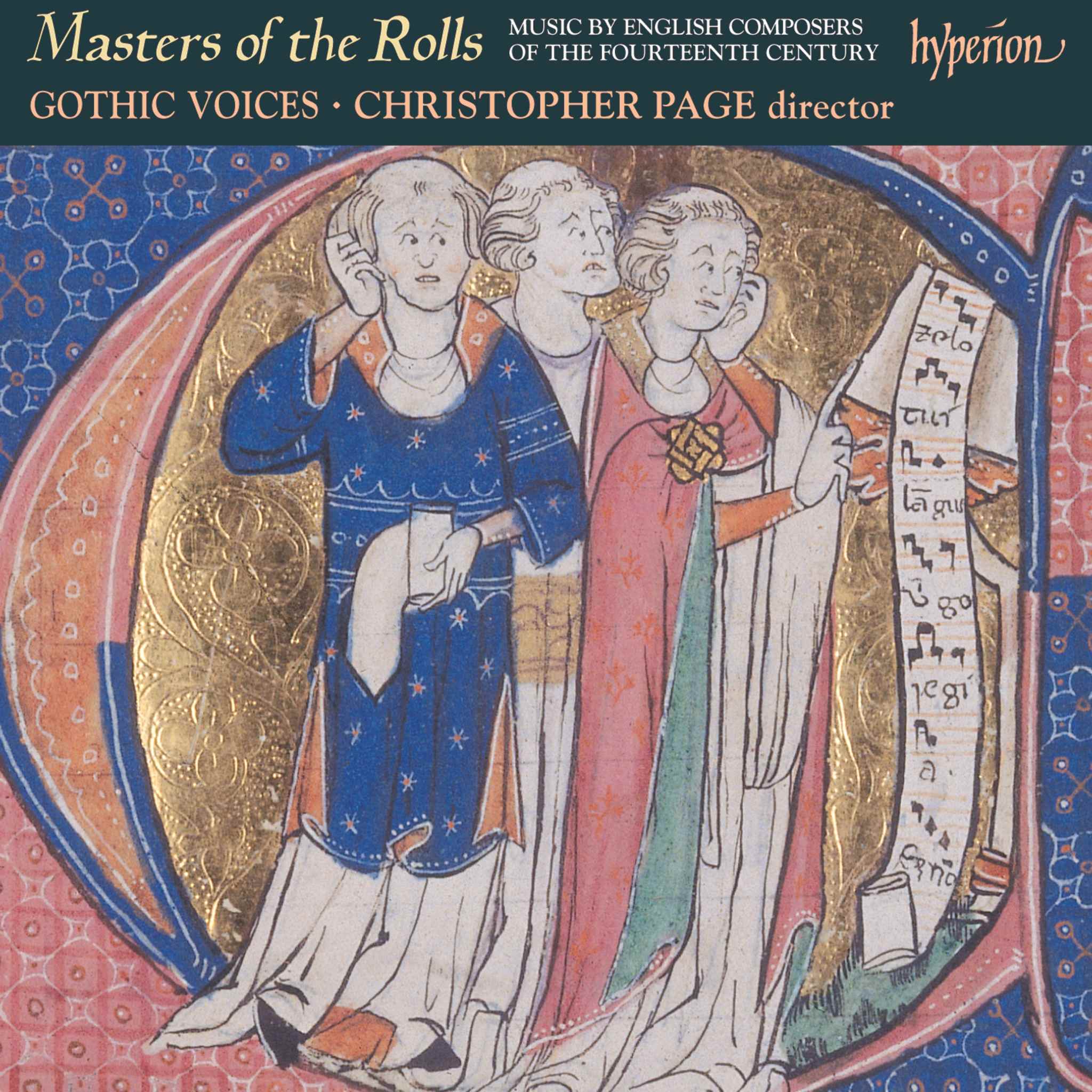Pierre de La Rue, einer der bedeutenden Vertreter der Generation um Josquin Desprez, leitete die Musik am habsburgisch-burgundischen Hof und hinterließ während seiner beeindruckenden Laufbahn zahlreiche herausragende Werke. Im Verlauf seiner Karriere komponierte er insgesamt neunundzwanzig Messzyklen, vier vollständige Messensätze, sechs Magnificats, vierzehn Motetten sowie eine Reihe weltlicher Stücke, was ihn zu einem der produktivsten Komponisten seiner Zeit machte. Sein musikalischer Werdegang spiegelt sich in den verschiedenen Stationen seiner Anstellung wider: Er wurde erstmals in den Archiven der Kirchen von Brüssel und Gent als Sänger erwähnt, bevor er nach verschiedenen Engagements schließlich an der habsburgisch-burgundischen Kapelle wirkte, wo sich sein künstlerischer Stil weiterentwickelte.[4][5]
Das Ensemble Gothic Voices stellte sich der Herausforderung, La Rues Musik aufzuführen, da sein Schaffen bereits moderne Einflüsse aufwies. Besonders die Betonung tiefer Stimmen und die charakteristische Verwendung von Intervallen unterschieden ihn von Komponisten des Mittelalters. Kompositionstechniken wie Imitation und kanonische Strukturen prägten sein Werk; exemplarisch zeigt sich dies in der Missa De Feria, die den Sängern hohe Anforderungen abverlangte. La Rue demonstrierte ein ausgeprägtes Gespür für kontrapunktische und choreografische Feinheiten.
In der Missa De Feria verarbeitete La Rue römische Cantus-planus-Melodien, die er mit Kanontechniken kunstvoll verflocht und so der Messe eine festliche Wirkung verlieh. Die klangliche Architektur seiner Werke zeigt sich in der anspruchsvollen Ausgewogenheit von Intensität und melodischem Detailreichtum. Auch die Missa Sancta Dei genitrix belegt mit ihrer kompakten Form und Anspielungen auf frühere Kompositionen die kreative Vielseitigkeit des Komponisten.
Darüber hinaus wurden einige Motetten La Rues für Laute intabuliert, wobei diese Bearbeitungen die ursprünglichen Werke mit Sensibilität und Zurückhaltung neu interpretierten. Die Intabulierungen von Christopher Wilson spiegeln die für das flämische und nordwesteuropäische Lautenspiel typische Tradition wider, wie sie zu Lebzeiten Pierre de La Rues verbreitet war.









